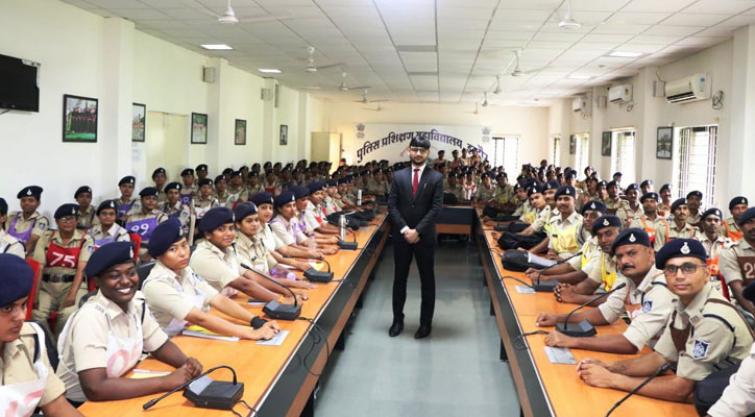
New Delhi: The job of police personnel requires a staggering level of alertness and agility due to the continually escalating complexities unleashed by the contemporary era of ongoing disruption. Police constables frequently work in chaotic, sometimes even threatening environments and must maintain continual vigilance while also processing complex and frequently inadequate information and making difficult judgments on the spot.
Decision-making during such circumstances becomes particularly challenging because a specific alternative is to be selected and acted upon within tight and thin boundations of time. Personnel has to walk on a thin rope through the establishment of balance and avoid the temptation of making a purely uninformed decision based on a purely perceptional and bias-prone understanding of the situation while also not falling for getting obsessed in collecting more and more information at the expense of running out of time. A blend of information-processing capability and intuition is required, exclaimed Naveen Krishna Rai, Manager, Government Affairs and Business Development, at IIM Indore, as the facilitator for a session on Chaos Management organized by the Police Training College Indore on Wednesday.
He also expounded on the Consequences model of Decision-making during Chaos which analyzes a decision on the basis of its impact with respect to the timeframe within which the decision is to be made. If a decision is made too early in the heat of the moment, without collecting essential information just enough to make intelligent speculation for taking a decision, its impact will be low. Similarly, if the decision maker invests more time in gathering every relevant piece of information related to the decision, they may lose the time frame within which the decision would have been effective, rendering a low impact on the situation, even if it involved many efforts. The most impactful of decisions lie in the region of intersection between the time range and the highest extent of knowledge to be possessed for aiding the decision that can be achieved within that crucial time frame.
The Black Swan model was also discussed, which suggests that a decision maker should be able to imagine all the possible scenarios that the decision might trigger. Generally, people create a bias that makes them think about only the frequently occurring outcomes of an event while missing the exceptional possibilities that may get triggered during times of crisis. It is based on the fact that many American Zoologists had an opinion that black swans do not exist until it was discovered suddenly. Thus, intuition should be backed by sufficient exposure to the ground realities apart from just theoretical calculations. To support the case, he cited verses from revered scriptures like the Ramayana and the Shukra Niti.
He also touched upon various other themes related to the nuances and practices of Chaos Management. He explained various foundational models and theories of management, like the role of Identity in shaping the perception and confidence of a person during their lows, channelizing courage, practicing Taleological Reasoning, developing focus, SMART Goal-setting, and tools like the Eisenhower Decision Making model providing for a framework to manage chaos.
Shailja Bhadauria, CLI, PTC Indore welcomed and gave him the vote of thanks.

